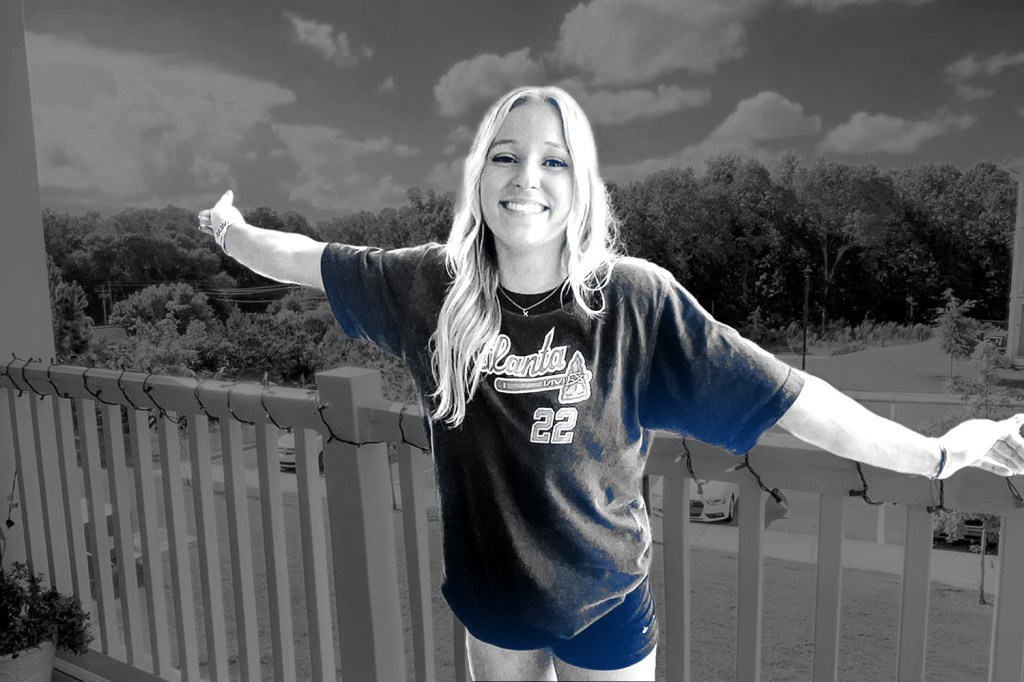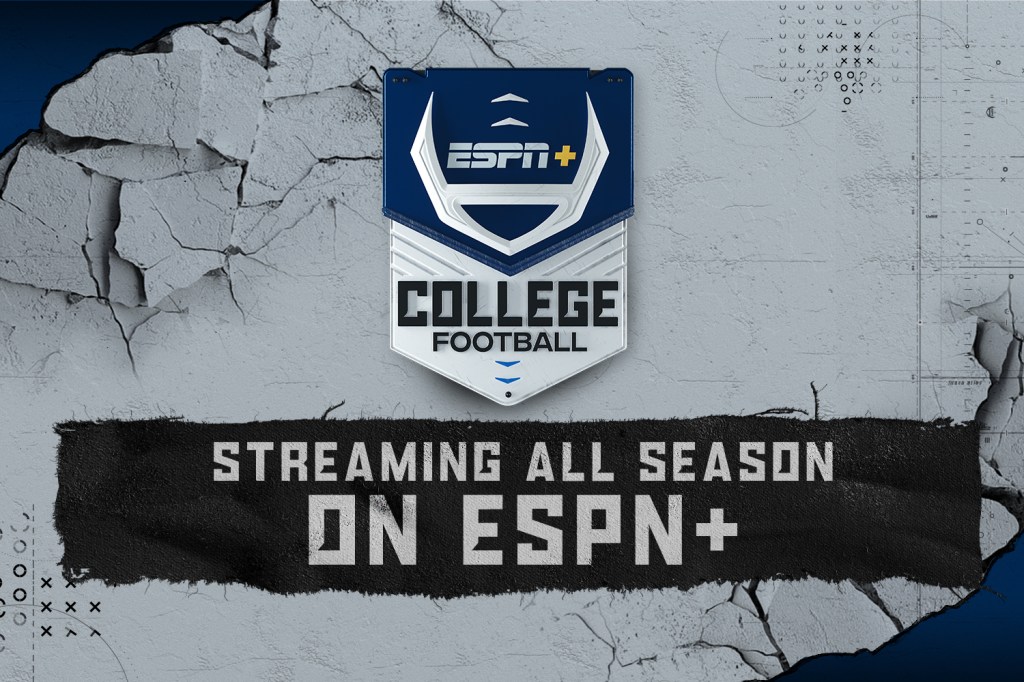On Aug. 28, University of Georgia gymnast Rachel Baumann went to an Atlanta Braves game. She posted a carousel of photos on Instagram in a Braves T-shirt and did a Q&A on her story.
But Baumann wasn’t just a regular fan enjoying a game. She’s one of the first college athletes to sign an NIL deal with a professional sports team. As a part of the “Braves Athlete” program, Baumann got paid to show her 9,000-plus followers what the game-day experience was like.
Pro baseball and hockey teams have found value in endorsement deals with local college athletes — both from women’s and men’s teams.
“It’s still so new, and we’re really learning,” Braves Senior Director of Marketing and Innovation, Greg Mize, told FOS. But “we’re having a blast doing it.”
At the Ballpark or the Rink
Miami quarterback D’Eriq King was the first college athlete to sign an NIL deal with a pro team, the Florida Panthers, in early August.
Last week, the team announced they’re also giving every single one of the over 200 Florida Atlantic University women’s sports athletes an opportunity to apply for their “FLA Athlete” NIL program. The Panthers’ FAU deals will be facilitated through NIL marketplace Dreamfield.
Athletes will create social media posts from games and wear team-issued apparel. King in particular is collaborating on a merchandise design, art, and a concession item.
King gets “a base amount” and “royalties and commissions” on top of that, as well as a potential bonus for “overall performance and collaboration,” Panthers Chief Strategy Officer Sam Doerr told FOS. A Panthers spokesperson said the FAU athletes will each get the same amount in the form of a stipend and T-shirts.
The Braves chose Baumann and Georgia Tech quarterback Jordan Yates through Instagram. For promoting the in-game experience the athletes will receive T-shirts, and 10% of each ticket purchased through unique links the team issued them, Mize said.
An Enticing Opportunity
Teams believe college athletes — especially if they’re local — can help expand their fan bases and convince more college-aged people to attend games.
The Braves chose Yates and Baumann not just because of the schools they attend, but also because of their high engagement rates on social media.
“So many people come to the games for so many different reasons,” Mize said. “And one of those reasons is the social aspect of it. We see a lot of college-aged kids, young professionals … they’re not sitting down all nine innings and locked on every single pitch. They’re socializing.”
The Panthers chose King because of his previous NIL experience and his story. But they’re also hoping King will help the Panthers tap into a football-crazed area.
“For a hockey team in a non-traditional market, and I would say a market where football sort of dominates … we thought it was a chance to break into a different demographic and market,” Doerr said.
A Bright Future
When the season is over, teams will evaluate their programs’ success. The Braves aren’t focused on ticket sales, per se. Ultimately, it’s “how these athletes are connecting the Braves to their followers,” Mize said.
While the Panthers will look at social stats, attendance, and merchandise sales, they’re also going to evaluate using their “gut feel,” Doerr said.
He already considers the FLA Athlete program a success because it put the team in the spotlight. It’s been awhile since the Panthers were a top story, he said. “We were on the front page. We were trending on Twitter. We had over a million just organic impressions on Twitter alone the day we announced.”
Regardless of how things shake out, Mize and Doerr believe the trend will only grow in the coming months. Doerr said between 10-15 teams from various sports, as well as two league offices, have asked for his advice on NIL programs of their own.
A Grey Area?
You may be wondering why the Panthers and Braves aren’t signing athletes who play hockey and baseball.
MLB told teams not to sign baseball players, Mize said. And in the Panthers’ case, “It’s an understanding we’re kind of operating off of,” Doerr said.
Why? “It could lead to issues regarding athletes only wanting to play for certain pro teams and telling other teams not to draft them,” Kennyhertz Perry sports attorney Mit Winter told FOS.
But between state laws, school policies, and the NCAA’s vague rules, Winter isn’t aware of any specific rule prohibiting teams from signing deals with athletes in their sports.



